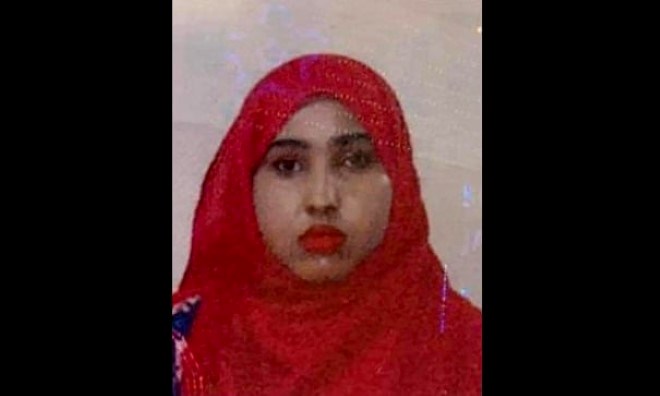
Thursday September 9, 2021
By Moulid Hujale
President and prime minister in row over disappearance of cybersecurity expert, reportedly killed by al-Shabaab

Ikran Tahlil Farah, a member of the National Intelligence and Security Agency, has been missing since 26 June.
The Somali prime minister, Mohamed Hussein Roble, has fired the head of the country’s intelligence unit over the disappearance of a female spy.
Roble accused the spy chief, Fahad Yasin Haji Dahir, a former close ally of the president, of mixing politics and security and ordered him to hand over power within three days. He said the handling of the case of the missing 24-year-old was “inappropriate”.
Conflict between the leaders has been brewing for weeks as the country is engaged in a crucial electoral process. Last week the National Intelligence and Security Agency (Nisa) reported that its agent, Ikran Tahlil Farah, missing since June, had been killed by al-Shabaab militia. The group has denied abducting her and Tahlil’s mother has publicly rejected the claim, accusing Nisa of being behind the disappearance and saying the last time she spoke to her daughter she said she had been told to report to the office. The cybersecurity expert was last seen leaving her Mogadishu home at 8pm on 26 June.
In a joint statement, the UN and the African Union Mission in Somalia called for a “credible” investigation into Tahlil’s disappearance and urged a de-escalation in political confrontation and the avoidance of “any actions that could lead to violence. We call on Somalia’s leaders to work together to advance the implementation of the 27 May Agreement toward the holding of elections.”
Opposition groups and some regional leaders have backed the prime minister and called on the president to respect the law; while observers warn of a return to April’s political stalemate when armed opposition forces took positions in the capital Mogadishu, protesting against presidential term extension.
The situation was resolved when the president withdrew from the extension and handed over the electoral process to the prime minister. Election of a body of national MPs has since begun and is due to be completed in November.
Conflict and jostling for power among the country’s leadership is not new in Somalia, and tensions remain high in the capital, with residents reporting troop movements along strategic junctions.